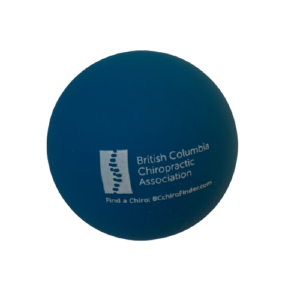 Lots of things in our lives can limit our mobility, and different days tend to be worse than others, in addition as we age our mobility continues to decrease.
Lots of things in our lives can limit our mobility, and different days tend to be worse than others, in addition as we age our mobility continues to decrease.
Physiotherapy is used to promote body strength, function and mobility and prevent future physical injury, utilizing both scientific knowledge and evidence based clinical diagnosis. Physical therapy focuses primarily on those individuals whose potential or actual impairment is related to musculoskeletal, neuromusculoskeletal, cardiopulmonary, and integument (skin) systems.
Whether you are looking for pain management and/or rehabilitation from an acute injury like a sprained ankle, or management of chronic conditions such as diabetes or heart disease, a physiotherapist can help. But physiotherapy is not limited to rehabilitation of injury and the effects of disease or disability. A physiotherapist also provides education and advice for health promotion, disease and injury prevention.
When you arrive for your appointment, your physiotherapist will assess you based on your history as well as specific physical tests and measures, such as flexibility or range of motion. From these findings and their clinical knowledge they will establish a diagnosis. Together, you will explore your current abilities and functional needs so the physiotherapist can plan treatments that are consistent with your goals and general health status.
Treatments vary but can include the following:
- Personalized exercise programs designed to improve your strength, range of motion, and function
- Joint mobilization and manipulation to reduce pain and stiffness
- Hot and cold packs and modalities to relieve pain, reduce swelling, speed up the healing process, improve movement and function
- Functional activity and tolerance testing and training
- Work and occupational re-training and return to work planning
- Prescription, fabrication and application of assistive, adaptive, supportive and protective devices and equipment
- Environmental change, focusing on removing barriers to function
The benefits of physical therapy are numerous, but the key benefits are to evaluate physical problems, increase and maintain muscle strength and endurance, restore and increase joint range of motion, increase coordination, decrease pain, decrease muscle spasm and plasticity, decrease swelling and inflammation of joints, promote healing of soft tissue lesions, prevent contracture and deformity of limbs, alleviate walking problems, educate patients and family, decrease stress and a whole lot more too numerous to mention.
As you move forward into 2013, look at taking care of some of those lingering pain issues you are experiencing, and book a physio appointment today.




